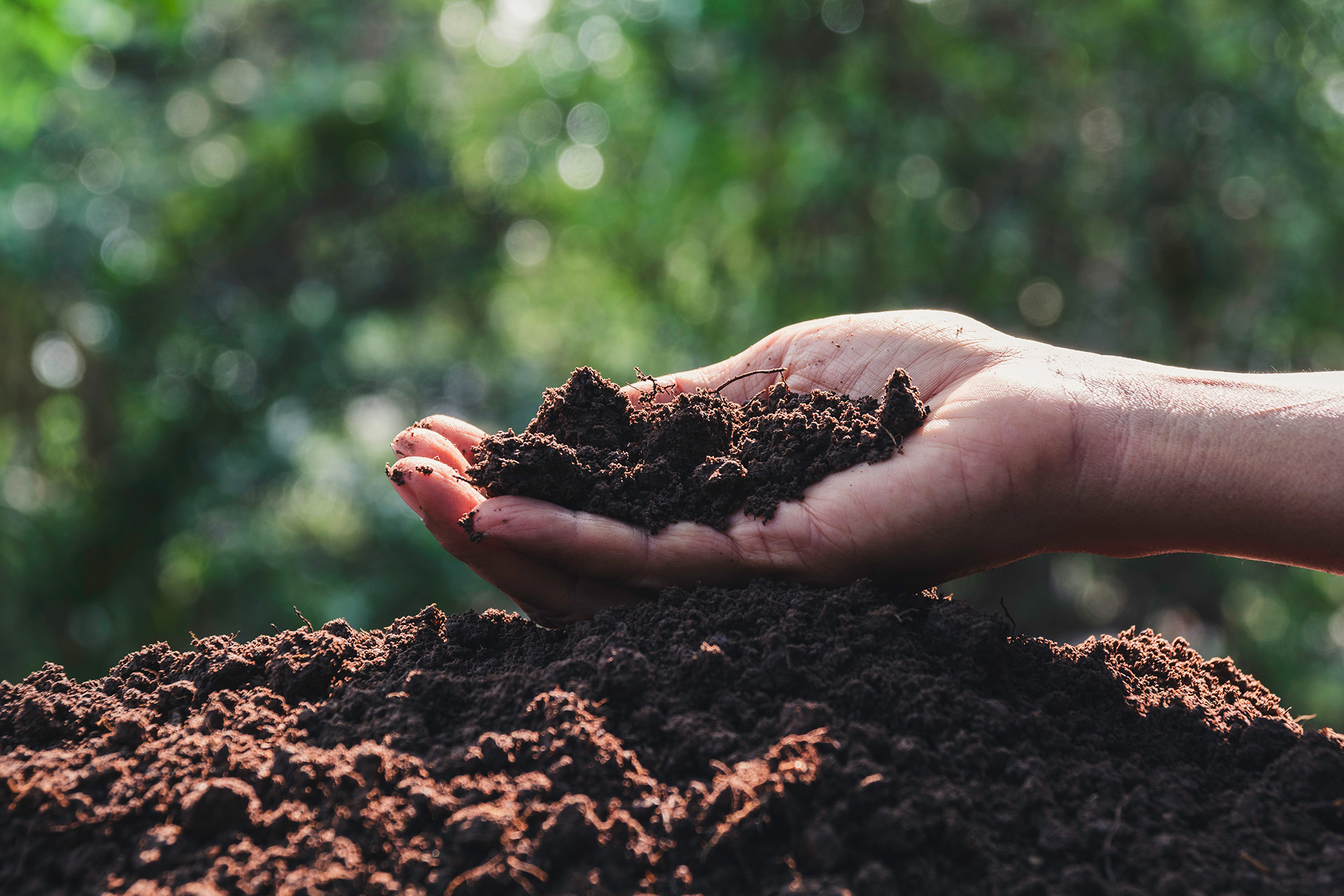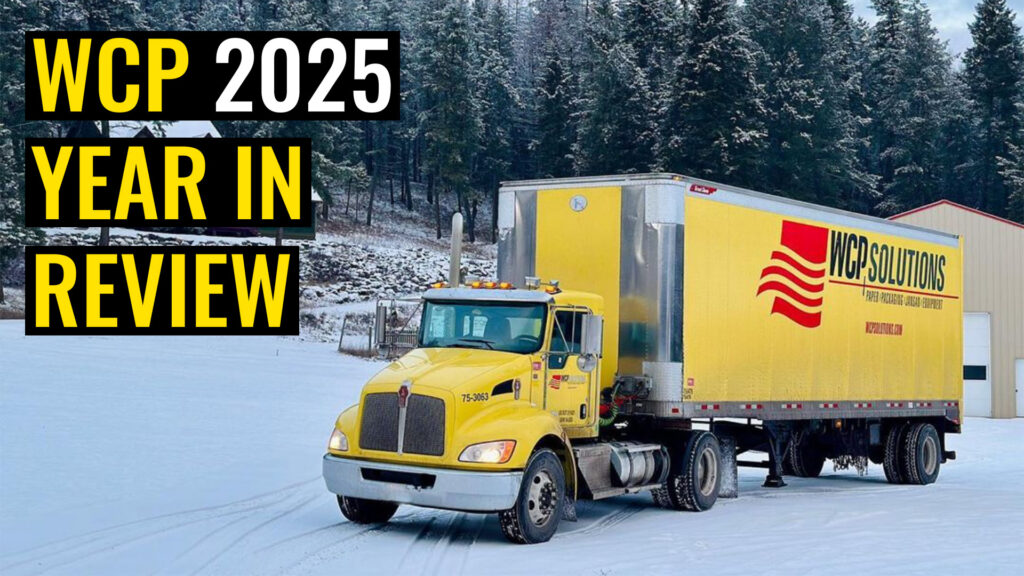What is the Difference Between Biodegradable and Compostable?

The terms biodegradable and compostable are often mistakenly used interchangeably, even though they have distinct differences. As businesses pivot towards having more sustainable products, it is important to understand the differences between the two. In this educational blog post, we define what biodegradable and compostable mean and explain the differences between them so you can make better sustainable purchasing choices for your business.
What Does Biodegradable Mean?
While compostable and biodegradable refer to recycling waste through natural processes, the key distinction lies in the breakdown time. Biodegradable products can break down over an undetermined period, whereas compostable products have a specific timeframe for decomposition that they must achieve. Nevertheless, it is important to know that, following biodegradation, certain products may leave behind residues or other materials that can be harmful to the environment.
What Does Compostable Mean?
For a product to be considered compostable, it must disintegrate into non-toxic, natural elements at a consistent rate, similar to organic materials. Compostable products require the presence of microorganisms, along with the right humidity and heat levels, to undergo decomposition.
An example of a compostable product we stock at WCP is the Compostable Can Liner Bags by Natur Bag. They are Ecologo, Green Seal, and Safer Choice certified.
Compostable vs. Biodegradable
While compostable and biodegradable refer to recycling organic material waste through natural processes, the key distinction lies in the breakdown time and environment. Biodegradable products may break down over an undetermined period. On the other hand, certified compostable products have a specific breakdown timeframe they must achieve while in an industrial compost facility or defined end-of-life environment. Nevertheless, it is important to know that, following biodegradation, certain products may leave behind residues or other materials that can be harmful to the environment. As part of the approval process for BPI-certified compostable products, they need to show full biodegradation with no residual chemistry remaining.
Note: Everything compostable is also biodegradable, but being biodegradable does not always mean it is compostable.
What is Greenwashing?
When aiming for sustainability in your business, it is also important to be aware of “greenwashing“. This term is used when environmental benefits are suggested but the claim does not match the user’s expectations. For example, a product may state it will biodegrade over time but it will take 100 years to do so.
Additionally, a product can be marketed as biodegradable without needing a certification. Because of this, manufacturers do not need to specify how long it will take for the product to fully break down. In attempts to stop false marketing claims, the Federal Trade Commission (FTC) has produced its own Green Guidelines. A product can be certified as compostable if the manufacturers can provide scientific evidence and demonstrate that the material can compost in a timely manner. For customers looking for sustainable products to meet their environmental goals, knowing these distinctions are very important.
Let WCP Help You Achieve Your Environmental Business Goals
Here at WCP, we can help you source certified compostable products for your business. We offer a range of sustainable solutions ranging from food service containers, packaging, utensils, and more. We can also assist you with other sustainable-related topics such as waste stream management and understanding the different plastic recycling codes.
For more information, contact our team online or give us a call today at (877) 398-3030.
Source: Good Start Packaging and EPA

